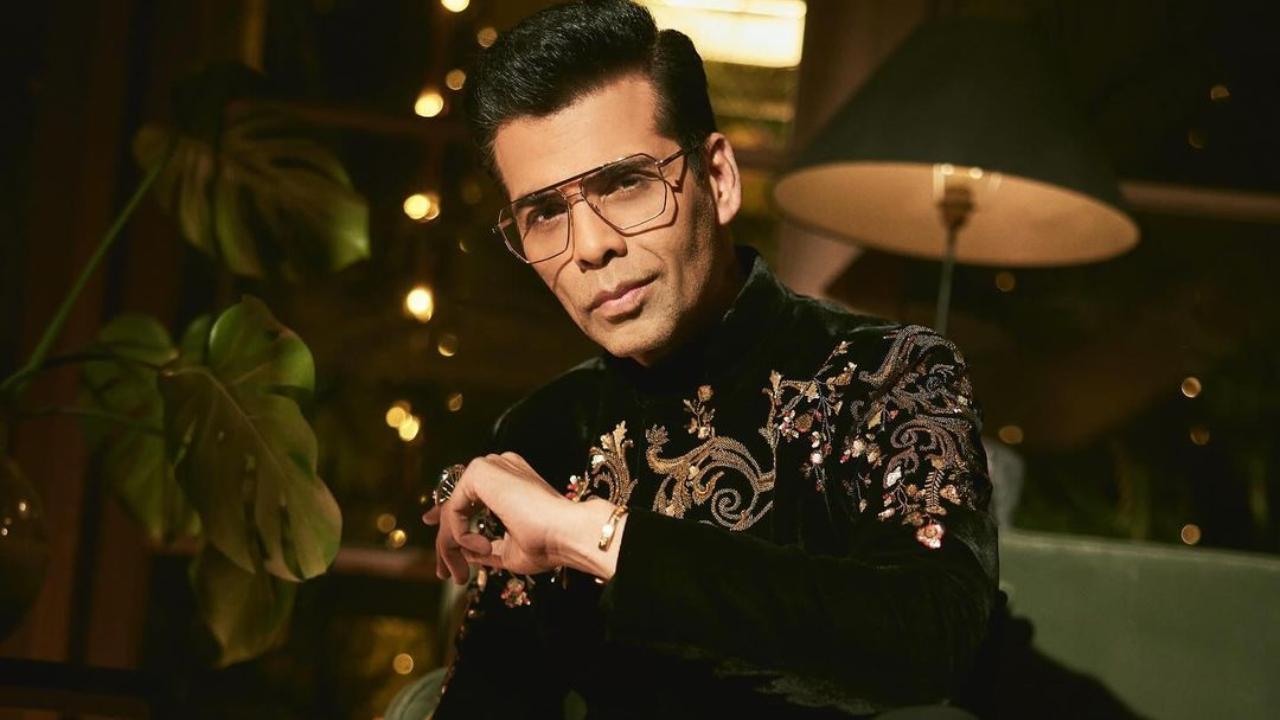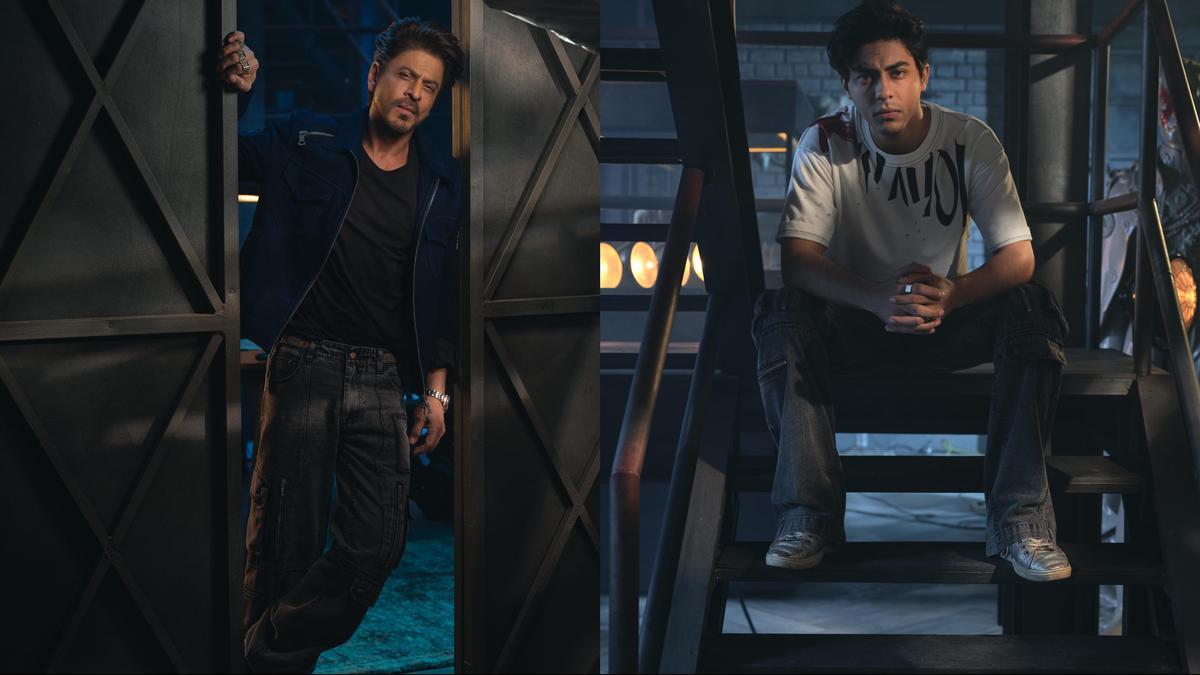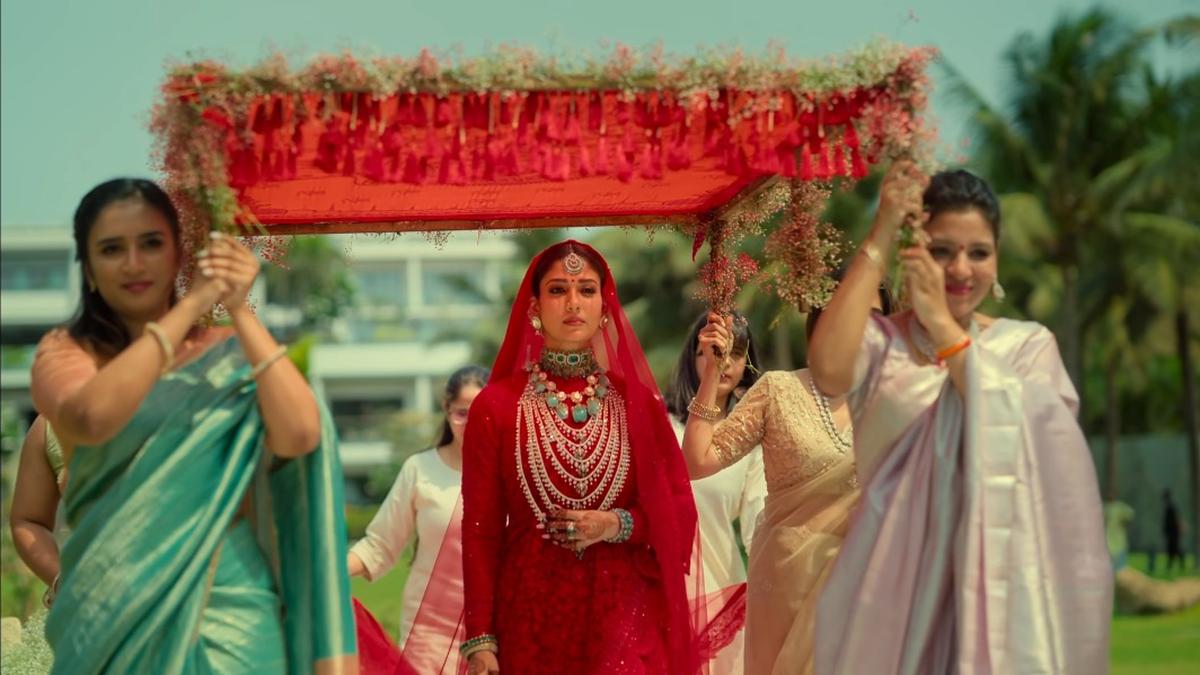
This year, due to certain work commitments, my plans to be home for Durga Puja have been disrupted. In my state of moping and whining, as I browsed new Bengali restaurants in Mumbai, my thoughts meandered to “The Bear,” a series that swept the comedy Emmys this year. This critically-acclaimed series follows Carmy, a top-rated New York chef, who returns to his hometown of Chicago after his brother’s suicide. Over the course of three anxiety-inducing seasons, we see Carmy’s relentless effort to transform the family’s chaotic, struggling sandwich shop into a high-end restaurant. Amidst all pressures and goals, Carmy’s uncle advises him to “be the guy” and stay focused. Nonetheless, the essence of home, with all its messy sauces and scars of grief, continually reasserts itself.
The theme of returning home is inherently messy and delicate, with layers of bittersweet emotions. A decade ago, we encountered a different yet analogous story in the 2012 Hindi comedy “Luv Shuv Tey Chicken Khurana.” This film offers a poignant and humorous perspective on family, food, and identity. The protagonist, Omi (played by Kunal Kapoor), had stolen from his own grandfather and fled to the UK. Years later, circumstances force him to return to India, where he takes over the family’s dilapidated dhaba (roadside eatery). To revive the dhaba’s former glory, he must uncover a lost secret recipe for the titular dish, Chicken Khurana. Directed by Sameer Sharma, this film mirrors “The Bear” on a gentler scale, serving a blend of comedy and revelation that is both heartwarming and amusing.
“Maybe that’s all a family really is,” states the protagonist of “Garden State.” “A group of people who miss the same imaginary place.” Watching Zach Braff’s 2004 comedy-drama for this column, I was struck less by the intended poetry of this line than by Braff’s uncanny resemblance to Bollywood actor Sidharth Malhotra.
. One of Malhotra’s more notable performances is in the 2016 film “Kapoor & Sons,” a Bollywood comedy with the flesh and bones of an American dysfunctional family drama. The film features a standout scene directed by Shakun Batra, where the entire Kapoor family engages in a chaotic, emotionally charged argument as water from a broken pipe gushes through their home. The scene spills over with the essence of home.
Not all films about homecoming follow a comedic blueprint. Many thrillers, such as the 2020 Australian film “The Dry,” revolve around central characters who return to their hometowns only to become entangled in mysteries. These films leverage the setting of the small town as a backdrop for unfolding secrets and suppressed memories. Similarly, films like “Lion” (2016) and “Return to Seoul” (2022) explore the theme of adoptees reconnecting with their origins, their journeys transcending geographical boundaries as they seek to unearth their pasts.
Other films poignantly highlight the impossibility of fully returning home. “Pokhar Ke Dunu Paar” (2023) showcases the struggles of Sumit and Priyanka, a couple who eloped and now find themselves back in Darbhanga during the lockdown, unable to truly return to their original homes. These cinematic narratives underline that home, while universally relatable, is often an ‘imaginary place’ as Gregory Alan Isakov melodically sings in “Big Black Car”: “Through the carnival we watch them go round and round // all we knew of home was just a sunset and some clowns.”
From a contemporary perspective, these films reflect diverse approaches to the concept of homecoming, ranging from personal pain and family drama to the comedic and the mysterious. Each film offers a unique vantage point, painting a vivid picture of what it means to come back, whether it’s to a place, a memory, or an identity. These themes reverberate through our lives as well, as we navigate our personal connections to what we call home.
Published by The Hindu cinema team as part of a fortnightly column, this series recommends films and shows that match specific moods, themes, or pop culture events. The emotional journey of returning home, with its many facets, continues to be a rich and compelling narrative in cinema.










